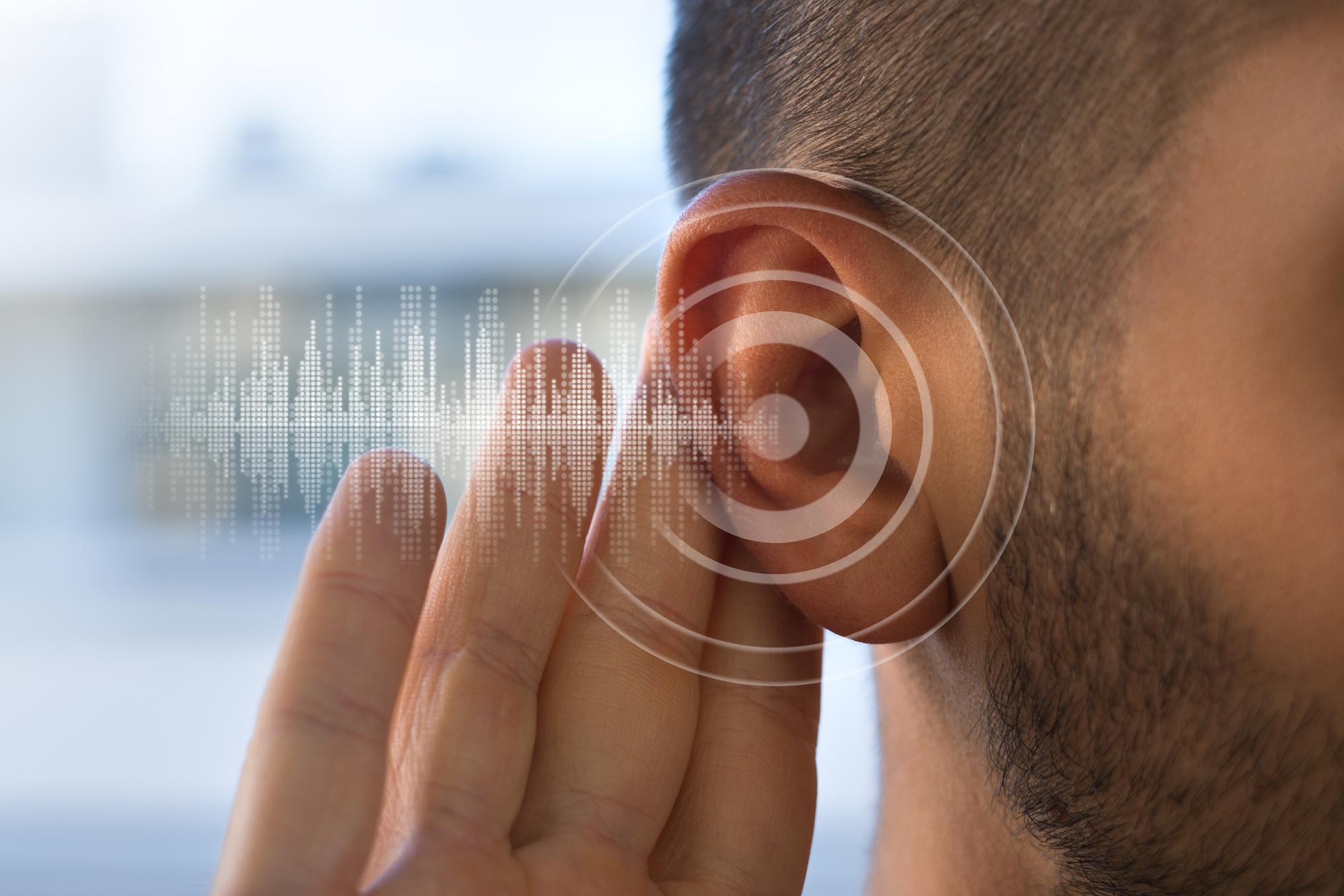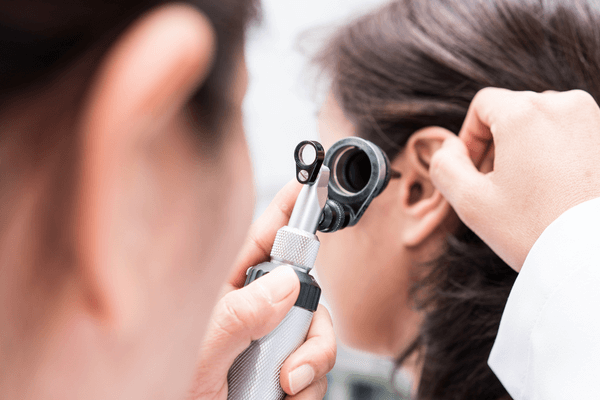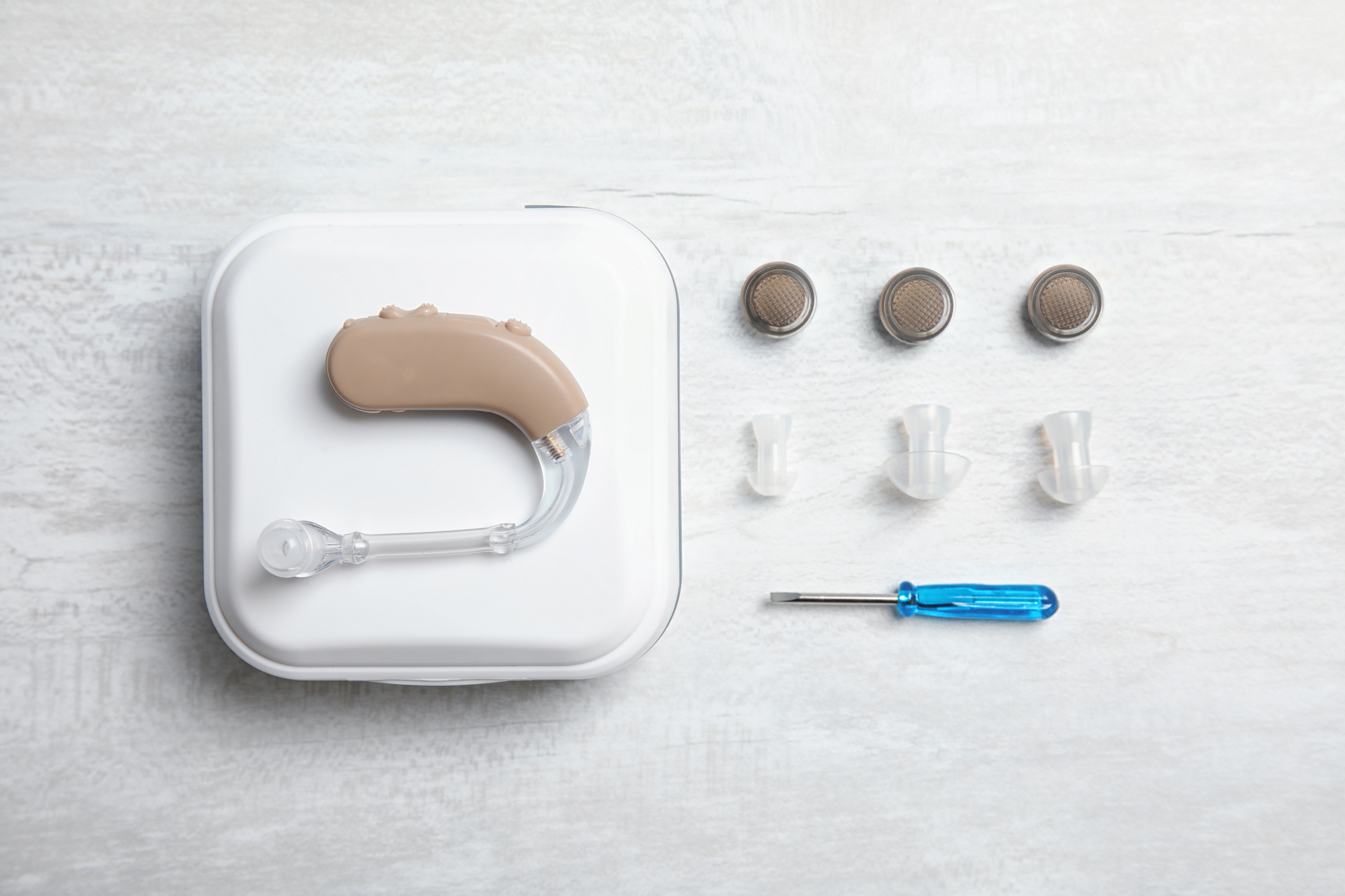As winter descends, individuals with hearing aids may encounter specific challenges related to the colder weather. Purchase Ear Technology understands the importance of maintaining optimal hearing aid performance during this season and offers valuable tips to ensure that users can navigate the winter months with ease.
- Protecting Against Moisture: Winter often brings snow and rain, posing a risk of moisture damage to hearing aids. Purchase Ear Technology recommends investing in moisture-resistant covers or sleeves for your hearing aids. These accessories act as a barrier, preventing water from reaching the sensitive electronic components. Additionally, when not in use, store your hearing aids in a dehumidifier to eliminate any accumulated moisture.
- Insulation from the Cold: Extreme cold temperatures can impact the battery life and overall performance of hearing aids. To counter this, Purchase Ear Technology advises users to keep their hearing aids warm. When outdoors, wear a hat or earmuffs to shield your ears and hearing aids from the cold. If possible, store spare batteries in a pocket close to your body to maintain their effectiveness in lower temperatures.
- Regular Maintenance Checks: Winter conditions may exacerbate issues such as earwax buildup or debris in the hearing aid components. Purchase Ear Technology recommends performing regular maintenance checks, cleaning your hearing aids with a dry, soft cloth, and using a small brush to clear any accumulated debris. If you notice persistent issues, seek professional assistance to ensure your hearing aids are functioning optimally.
- Investing in Wind Protection Accessories: Winter often brings gusty winds, which can create challenges for hearing aid users. Consider purchasing wind protection accessories, such as specialized microphone covers, to minimize wind noise interference. These accessories help maintain clear sound quality even in windy conditions, enhancing the overall listening experience.
- Securing Hearing Aid Retainers: Winter activities like skiing, snowboarding, or other outdoor sports may increase the risk of losing your hearing aids. Purchase Ear Technology recommends using hearing aid retainers or clips to secure your devices in place. These accessories provide an extra layer of protection, ensuring that your hearing aids stay securely attached during winter adventures.
- Professional Check-ups: Schedule regular check-ups with a hearing care professional, especially before the onset of winter. Professional inspections can identify any potential issues, ensure proper fit, and address concerns that may affect your hearing aids’ performance in colder weather.
Purchase Ear Technology emphasizes the significance of proactive measures to address winter-related challenges for hearing aid users. By incorporating these tips into your routine, you can enjoy a seamless hearing experience throughout the winter months, maintaining the effectiveness and longevity of your hearing aids.
If we can assist you during these cold winter months, give us a call at (270) 558-3996. Purchase Ear Technology is conveniently located at 2008 Broadway Street in Paducah, KY. At Purchase Ear Technology, you are more than a patient. You are FAMILY!










